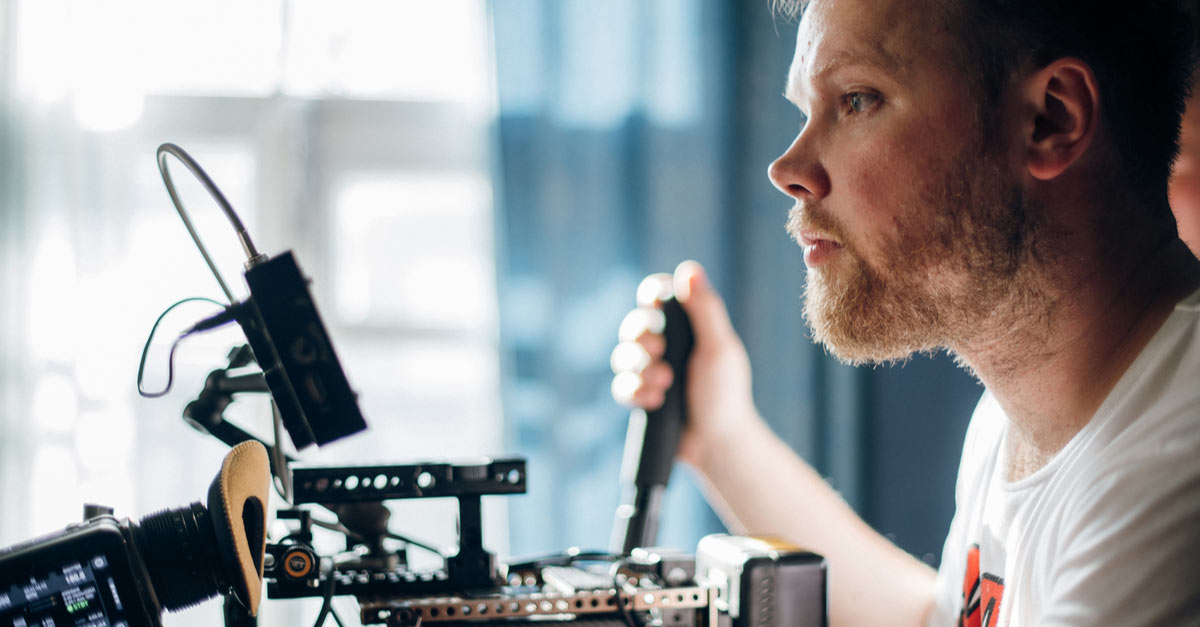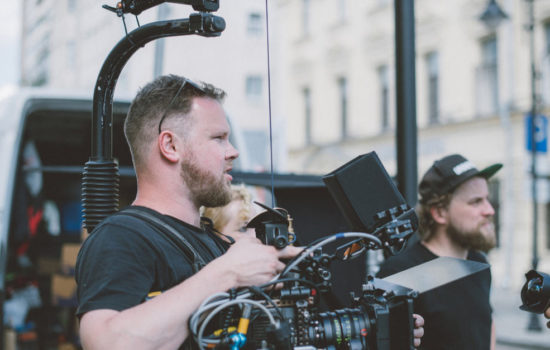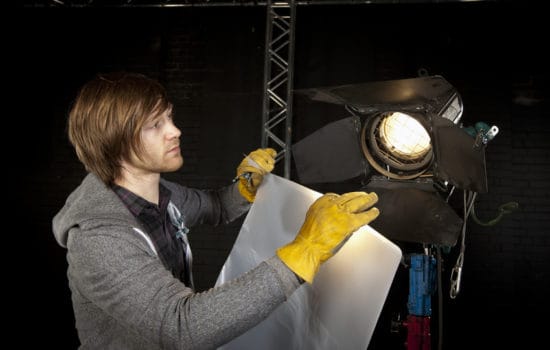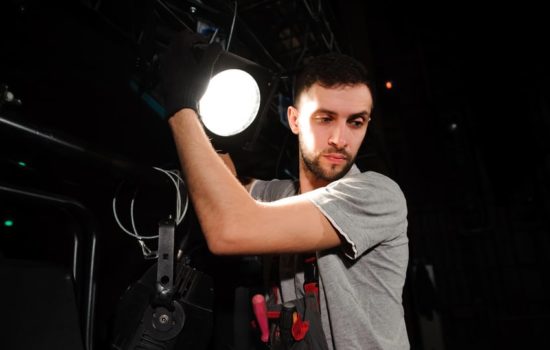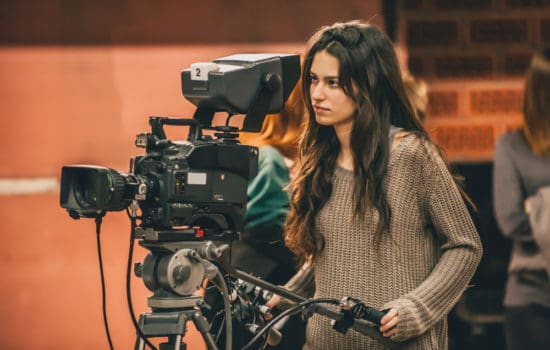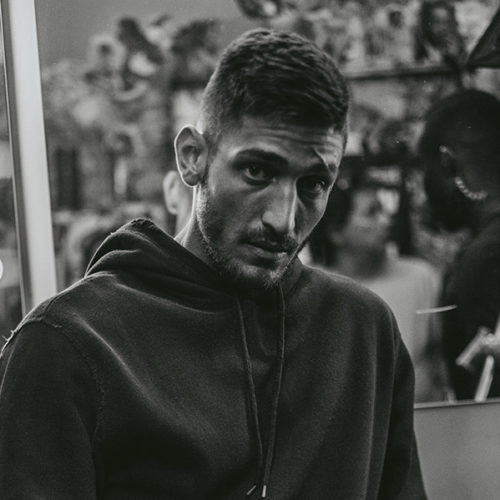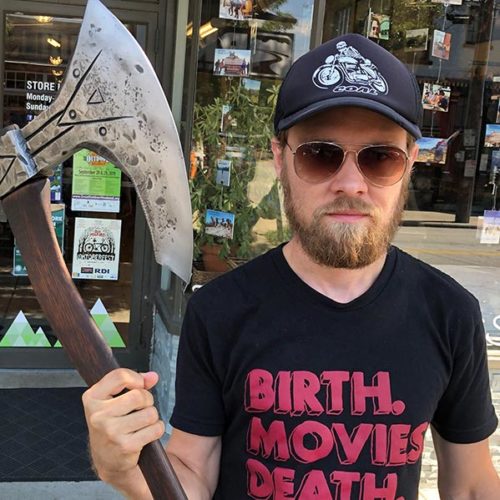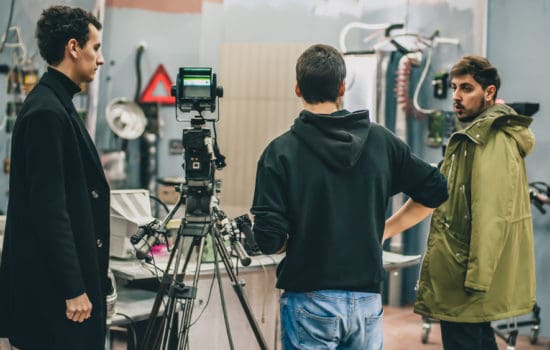In the world of filmmaking, development refers to the stage where the script is written and then rewritten… and rewritten… and rewritten. In other words, the script is developed to a point where it’s ready to be produced.
Development can last from a few months to a few decades. Yes, you read that correctly. Some scripts do indeed take that long to make it into production, especially when you take into consideration the multiple steps that usually comprise the development phase.
And don’t forget to add in more time should another Writer(s) be brought on board to revise the material or if a production company or studio decides to put that script on the back burner to focus on producing other projects ahead of it.
What does it mean to be a filmmaker?
To me, being a filmmaker is about finding beautiful, honest moments. Making the audience really step outside of their comfort zone and rethink what they believe.
What makes someone a good filmmaker?
I think a good Director is somebody with a strong point of view. There are Directors who get the job done and know how to tell a story; they’re the easy kind of “for hire” Directors that can fill the shoot and do the job. But then there are the great Directors who have a point of view and own it. They have a specific style or voice. When you’re watching their films, you feel that voice, that attention to detail and story.
The great Directors have a very specific mind towards storytelling or towards style. Those are the ones I look at and say “Okay, that’s what I want to do. I want to have that voice.”
[The awareness of that voice has] helped me land work and helped me in conversations with executives and Producers. You go into a room and an executive questions what you’re doing with a movie. For instance, with this last one I did, Wrong Turn, they’d ask, “Why isn’t the violence really coming through as we’re looking through the dailies?” And I’ll say, “You have to trust me, and here’s why.”
Then I’ll go through how I plan to assemble it in the edit and that we’re not necessarily making a splatter film where we’re ripping arms out of their sockets and showing it from four different angles with blood spurting all over the place. I’ll explain to them that they’re not seeing that because that’s not what we’re doing. It’s not that kind of movie. We’re going to be doing something that’s a little more grounded, more realistic, and you’ll see that when it’s put together.
Give a strong point of view and own it. That’s a huge strength. A Director being wishy-washy is the scariest thing for any executive. If I was an executive and I had to hear that, I’d be nervous, because that tells me my Director is trying to cater to what I want. But I think it’s important for Directors to listen to executives. Some executives have very good points.
As an artist in general, if your work is put out there, you want your work critiqued. Let’s say you write a script and you send it to a buddy. They’re going to tell you things that are useful, and they’re also going to tell you things where you’ll be like, “Yeah, that’s not the movie I’m making.” And you can just go, “Cool, thanks for the feedback.”
You take the stuff that works for you and that’s telling the story that you want. The stuff that doesn’t fit, you don’t need to worry about that so much. Put it to the side and just say thanks for the input.
